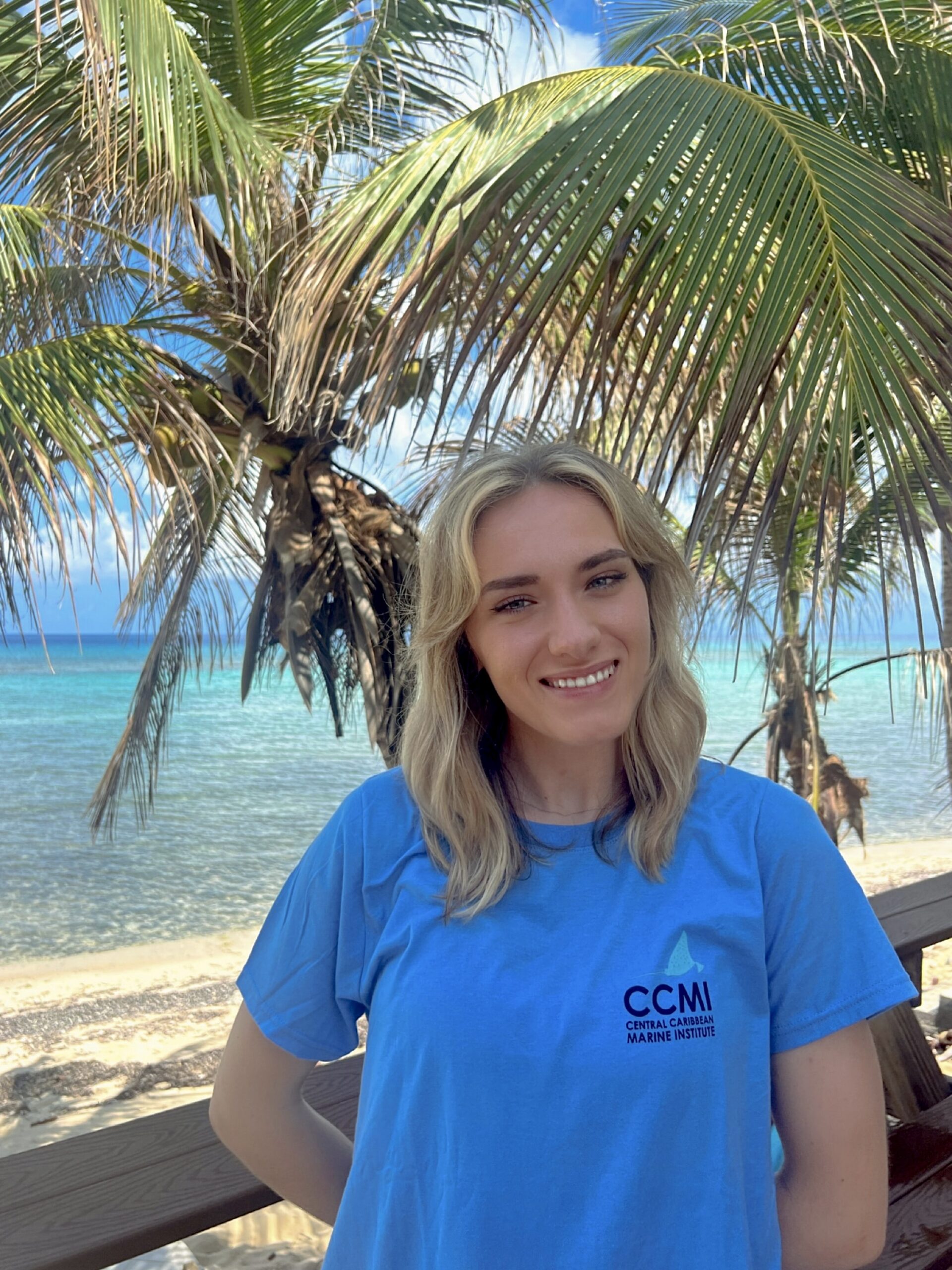Bennath Chillingworth
Bennath recently graduated as a Master of Research from Newcastle University (UK), where she completed her bachelor degree in marine biology the year prior. Her studies focused on seagrass ecosystems, specifically the impacts of anthropogenic nutrient enrichment on global seagrass meadows, and the carbon storage potentials of seagrass sediments in the Maldives.
While fundraising and increasing awareness of endangered species with the Cross River Gorilla Project, Bennath developed an interest in the use of social media and visual content to encourage pro-environmental attitudes and actions. At CCMI, Bennath will help with the production and development Reefs Go Live. She believes passionately about connecting people with the ocean as a means to motivate them to stewardship. Her time at CCMI is her first visit to the Caribbean; she is excited to contribute to ocean literacy outreach and allowing students to experience the reef virtually from around the globe!
BACK
 CONTACT
CONTACT gallery
gallery facebook
facebook instagram
instagram youtube
youtube twitter
twitter